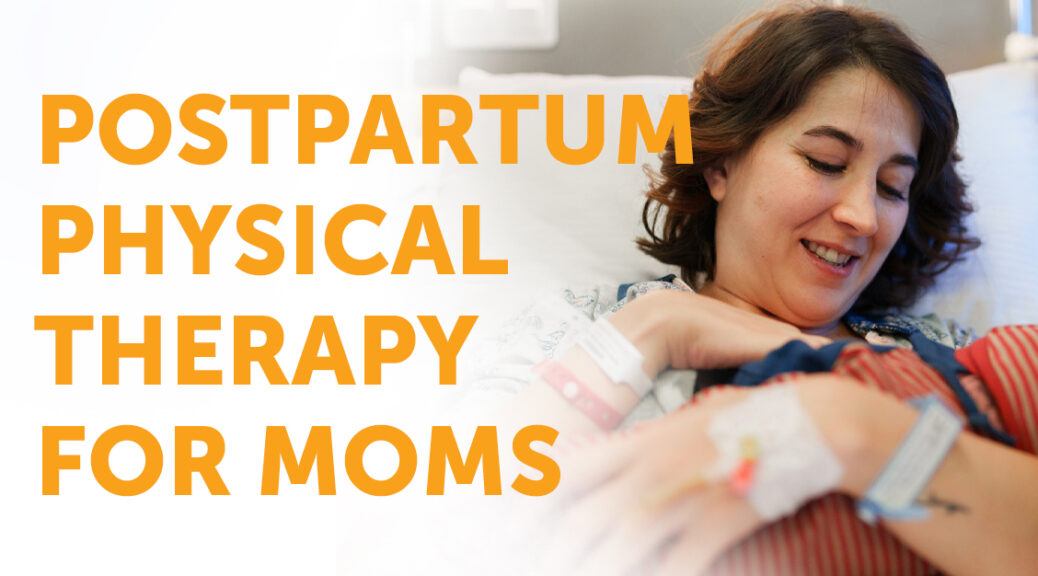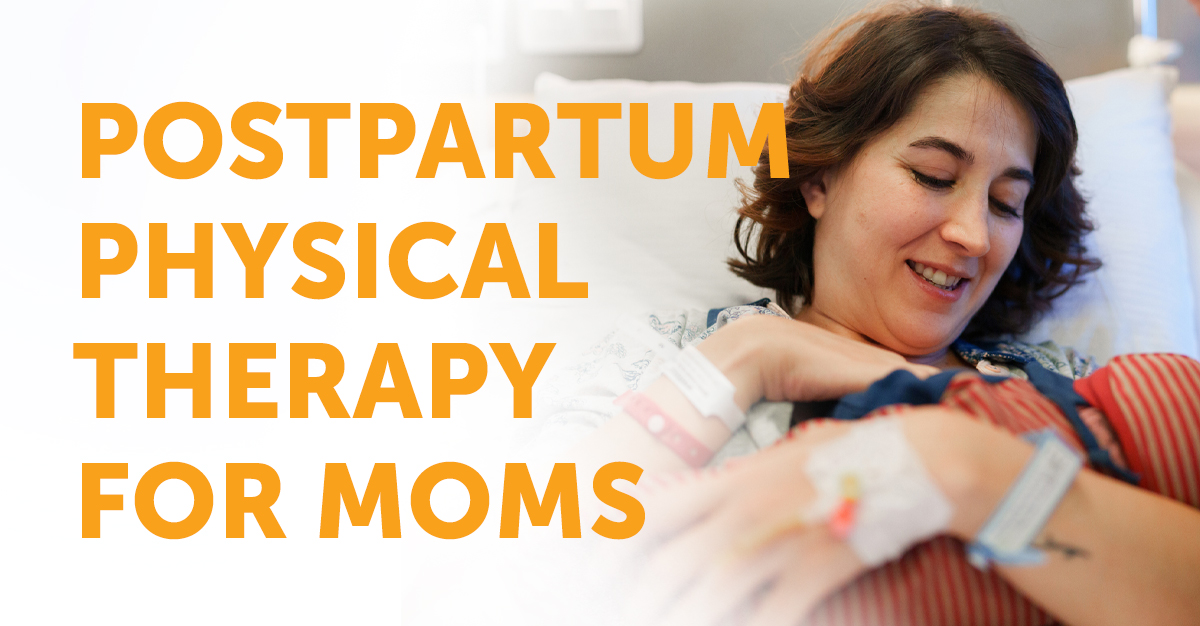Postpartum Rehabilitation
Having a baby can make every day feel very special, but can also make life very busy, very quickly, leading many mothers to care for themselves as a low priority, especially when it comes to postpartum rehab. During pregnancy, as your belly grows and your baby grows, maintaining good posture becomes more of a challenge as well as many other things.
Physical therapy during pregnancy and postpartum periods can address spinal and pelvic joint dysfunction, help you learn guided exercises that can become tools to address muscle weakness and imbalance and provide guidance for everyday tasks that may be difficult during pregnancy.
The most common pregnancy issues that physical therapists strive to treat are pelvic health-related issues. These issues occur because the pelvic floor muscles can become weakened or even damaged during pregnancy. Pelvic floor physical therapy can help you learn how to retrain everyday muscles vital for function, such as using Kegels, and other strengthening exercises.
Common symptoms of pelvic floor muscle dysfunction are:
- Pain in the pelvis, abdomen, lower back, or tailbone
- Pelvic organ prolapse
- Increased urinary frequency, or difficulty emptying bladder
- Urinary incontinence
- Bowel issues
- Pain during intercourse or sexual dysfunction
Here are some other ways physical therapy can help pregnant or newborn mothers:
- Postural Retraining – changes in posture may occur throughout pregnancy. PTs can even give guidance on postures for postpartum activities such as breastfeeding and lifting a baby
- Rebuilding Core Strength – safely rebuild and regain core strength, depending on how the delivery was done, either C-section or vaginal delivery, the core section will be affected by giving birth
- Scar Mobility – recovering from scar adhesions or tissue adhesions can result from surgical procedures and can be treated through massage therapy and targeted exercises
- Safely reintegrate activities – whether running, swimming or any other activities that you were enjoying before becoming pregnant
Getting a Pelvic Floor Evaluation
If you’re interested in postpartum rehabilitation, ask your doctor to refer you to a pelvic floor physical therapist, at around six weeks postpartum for a vaginal birth or eight weeks if you had a C-section, or earlier if you’re experiencing any pain or issues treated by a physical therapist. Postpartum rehab is important to seek out sooner rather than later. Many women notice aches and pains that start during pregnancy or after pregnancy that if left untreated or unidentified, can become a bigger problem later in life. Postpartum issues are easier to treat in the earliest stages rather than waiting and becoming chronic, long-standing conditions. A physical therapist can help you learn muscle-strengthening strategies and how to safely return to your activities and enjoy your new life!


